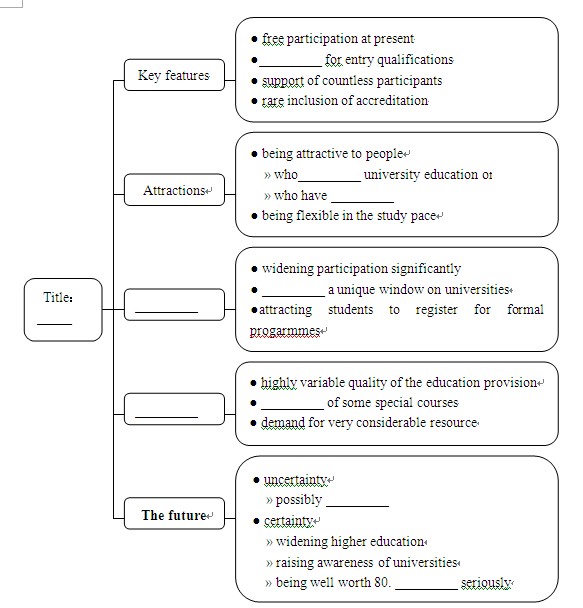题目内容
B. safety
C. shelter
D. defence

Dear Parents,
As we start the second half of the spring term, I thought it important to update you on some key developments.
Post-16 Collaboration(合作)
We have entered into an exciting new collaboration with Bassaleg Comprehension School, Duffryn High School, St Joseph’s High School, and Coleg Gwent—The Newport West Post-16 partnership. We will be working together to deliver nearly 40 different courses at other schools and likewise, students from other schools will study some subjects here. Information about the courses available to students can be found on the partnership website www. Newftartwest. corn. uk.
Uniform
I would take this opportunity to remind all parents that students are not permitted to wear non-school uniform cardigans (开襟羊毛衫) in Newport High School. It is the responsibility of parents to make sure your son or daughter wears the correct uniform to school. This includes completely black shoes. Over the next half term we will be working with students to develop a cardigan with the school logo which will provide an alternative to the current school jacket.
School Catering.
We are currently seeking a new company to provide school meals. Our new catering provider will be in place at the start of the summer term and will be working with students, parents and staff to provide improvements to our current provision. I look forward to keeping you updated on this development.
Some key dates for you to be aware of over the next half term are:
| Tuesday 15March | Year 9&10 Revision Conference |
| Wednesday 23 March | Year 12& 13 Parents Evening (4:00—7:00 p.m.) |
| Thursday 31st March | Academic Review Day |
| Friday 1st April | Teacher Training Day (school closed to students) |
| Friday 15st April | End of Spring Term |
| Tuesday 3rd May | Start of Summer Term |
Your faithfully,
Karyn Keane
【小题1】Karyn Keane wrote the letter on behalf of ______.
| A.Bassaleg Comprehensive School | B.Newport High School |
| C.St Joesph’s High School | D.Duffryn High School |
| A.It involves four schools altogether. |
| B.Course information will be mailed to every student. |
| C.Students can choose as many courses as they want. |
| D.It allows students to learn at other schools. |
| A.In May | B.In April | C.in March | D.In June |
| A.Students will develop a logo for the school. |
| B.All parents will be invited to school on 23rd March |
| C.Students won’t go to school on 1st April. |
| D.The letter was written at the start of the spring term. |
